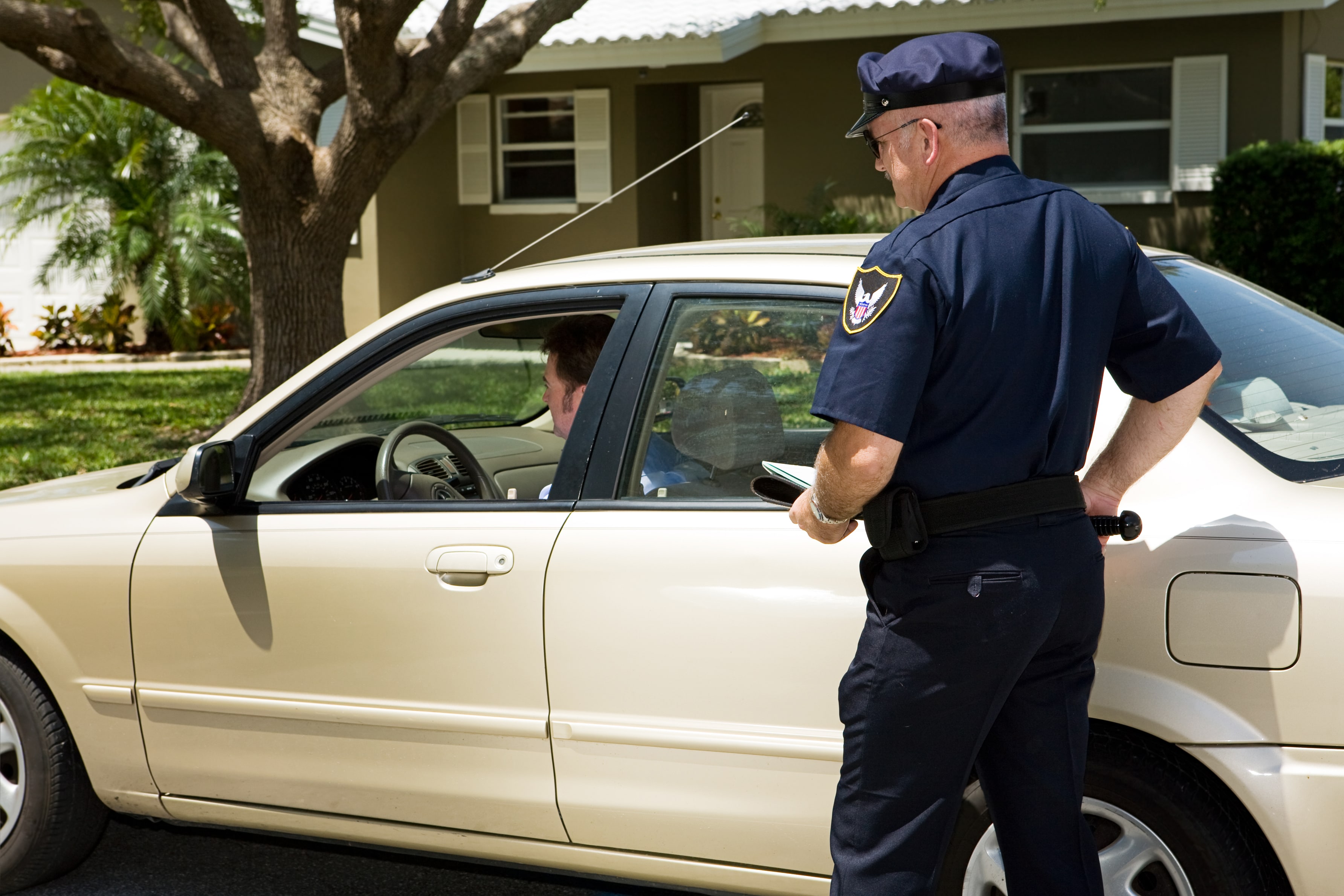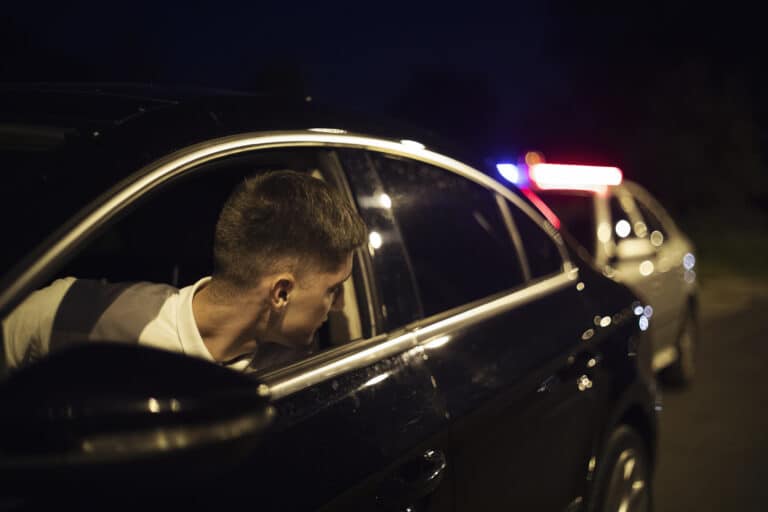Now that any adult in New York can legally possess and smoke marijuana, there’s likely to be an uptick in accidents caused by driving while high. After all, the same thing happened in Colorado in the years following legalization in that state.
Just like alcohol, it is illegal for a person to drive while under the influence of marijuana. But unlike alcohol, it is a lot harder for a police officer to determine that a person is high. As I’ve noted in other articles, most officers are not going to write on an accident report that a driver is under the influence unless they are certain that is the case.
What Evidence an Officer Can Use
There are a few factors that law enforcement can use to determine if a person is impaired. The most obvious are bloodshot eyes and/or nervousness. This is true for both alcohol and drug use.
Another is lack of focus or slowed speech. A lot of times, the best way to uncover clues of marijuana in someone’s system is to talk to the driver. Someone who is high may have a hard time following something visually, or just seem mentally unsteady—rambling, incoherent train of thought, and the like.
Similarly, if the officer asks if the driver is high and he or she starts getting nervous or stumbling with words that can be a strong clue. Profuse sweating is another common sign. In extreme cases, a person may not be able to speak or even stand up. But few instances are this severe.
Also unlikely, but not impossible, is that the impaired driver admits to being high. Then, you can put it down on the report. There’s actually a term for making such an admission: auto-response. It occurs when a person is under duress, especially when feeling guilt over something (such as injuring others in an accident). This can be admitted to court.
The bottom line is that a cop should not (and most won’t) write on an accident report that a person is under the influence of marijuana unless it will hold up in court.
Judges don’t want a cop’s opinion; they want facts.
What an Officer Can’t Use
In the past, the mere smell of marijuana or the presence of used cigarettes (roaches) was probable cause to arrest someone for possession and possibly intoxication. Since both were crimes, they could be included on the accident report.
However, now a person can reek of marijuana and it doesn’t mean anything. After all, the smell of weed can linger for hours on a person, or days inside a vehicle. Likewise, a car floor could be littered with old roaches and it still wouldn’t be enough to conclude that a person was high at the time of the accident.
The one exception would be if the marijuana cigarette was still lit, even if only slightly. That would be enough to conclude that the person was smoking prior to the accident.
For now, most blood tests are not conclusive. Cannabis stays in the system for 40 days—long after a high wears off. The current technology does not allow us to identify how long the cannabis has been in the blood.
Criminal Charges Change Things

When there is evidence of a crime at the accident scene, that changes what can be included. That’s because the accident scene has now become a crime scene, which requires a different level of investigation. For example, let’s say one of the cars tried to flee the accident scene, or police witnessed what could be considered reckless driving. Those actions would be criminal. Alternatively, while not all accident injuries and deaths result in criminal charges, there are instances that justify it.
Once the accident becomes a criminal investigation, much of the previously inadmissible evidence now becomes admissible in court. This includes things like roaches, the smell of marijuana, and even blood tests. None of it necessarily means the driver will be charged with driving while high or impaired, but it can still be included—along with the officer’s suspicions—in the report.
A Note About Traffic Stops
Sometimes an officer will pull over a driver for a traffic violation only to discover evidence of driving while intoxicated. Before the driver can be charged, again the officer has to make sure he or she is certain. Strong odors and the visual presence of marijuana are no longer enough. Police have to go by the operators' looks and actions. Does he or she seem unfocused or slow? Is he or she sweating? If there’s enough evidence seen in the driver’s behavior, then he or she can be charged with driving while high.
I remember an incident when I pulled over a driver. He was in the car with a female companion. When he rolled down the window, the smell of marijuana hit me in the face. It was so strong. This was early in the morning, so he was probably heading to work. I said, “You’ve got to be kidding me! This early?”
Remember, the smell can linger for days. Even though I smelled it, I couldn’t prove that he had smoked it recently. He didn’t seem incoherent. His eyes were fine. So the only thing I could do was ticket him for the infraction.
What Does This Mean to You?
The science on detecting alcohol—both using technology and other means—is pretty solid and has improved over time. Still, there are ways to challenge the evidence and officer testimony to prevent or overturn a conviction for drunk driving.
Over time, the technology and acceptable evidence for detecting driving while high will likely improve as well. For now, though, it’s difficult. Officers only make the determination when they are truly confident in the facts. If you have been arrested for driving while high, or if marijuana intoxication was included on an accident report, I would advise you to get a lawyer experienced in fighting these types of charges.





